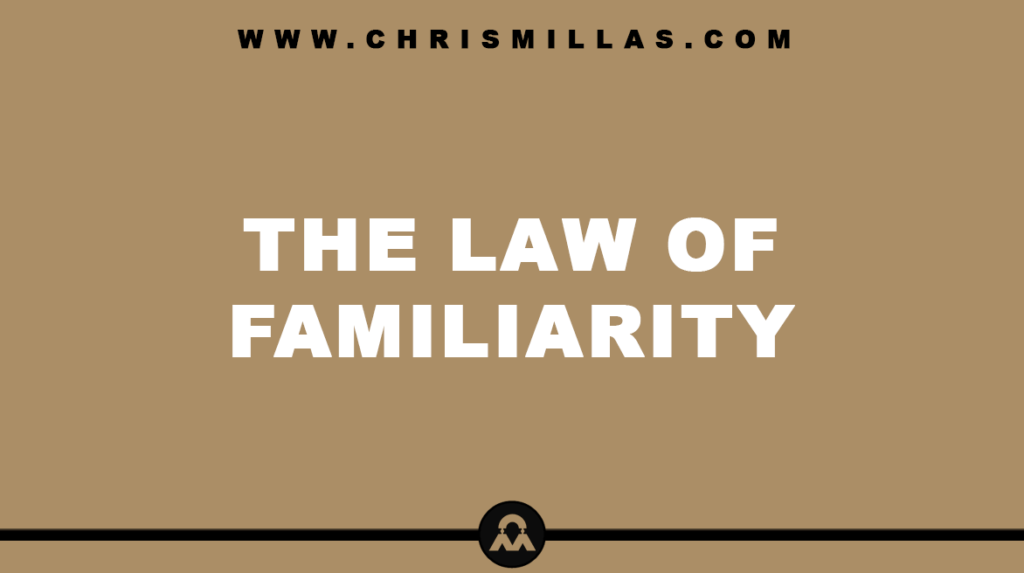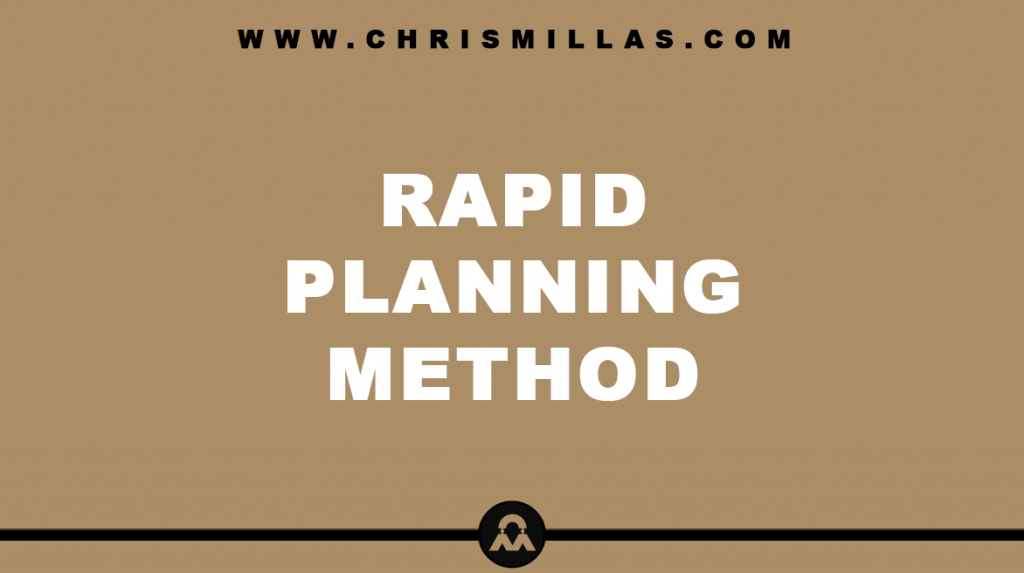In this post, we’ll unpack all you need to know about Stereotypes, defining exactly what they are, why and how we form them, the problem with them, the key to avoiding them and more.
What Are Stereotypes?
Stereotypes refer to a widely held but fixed and oversimplified idea of a particular person or thing based on a single or set of characteristics.
Why We Form Stereotypes
Throughout the course of evolution, humans evolved cognitive biases (mental shortcuts) that enabled us to make quick decisions, allowing us to conserve mental energy and protect the brain from overload. One of the biases that we evolved was Stereotypes.
How We Form Stereotypes
The brain is a pattern recognition machine. It’s constantly making associations based on past experiences so it can better predict the future and better enhance your survival.
To preserve time and energy, the brain creates generalisations by selectively taking one aspect of an experience and applying it to a multitude of other experiences. For example, characteristic A is associated with behaviour B. We refer to these generalisations as Stereotypes.
In other words, the brain creates generalisations by drawing conclusions about all or many experiences on the basis of one or a few characteristics.
The Problem
Forming generalisations was a necessary adaptation of our ancient past. However, they distort our reality and how we perceive, experience and interact with the world around us.
When making generalisations, the brain discards nuances. Consequently, these generalisations aren’t always accurate. This leads to the Us Versus Them Mentality and is what drives racism, sexism and all forms of discrimination.
How To Avoid Stereotypes
There are two keys to avoiding Stereotypes. Firstly, you must evaluate your beliefs and question whether they align with actual reality. Secondly, you must approach the world with a Beginner’s Mind ― a mind of openness as if you’re seeing things for the first time.
Summary
Stereotypes are widely held but fixed and oversimplified beliefs of a particular person or thing based on a single or set of characteristics. They are formed by the generalisations that the brain evolved to make as a way to aid us in making fast decisions and ultimately enhancing our survival.
The key to avoiding them is to question your beliefs and approach the world with a Beginner’s Mind. The mind is like a parachute ― it works best when it’s open.







